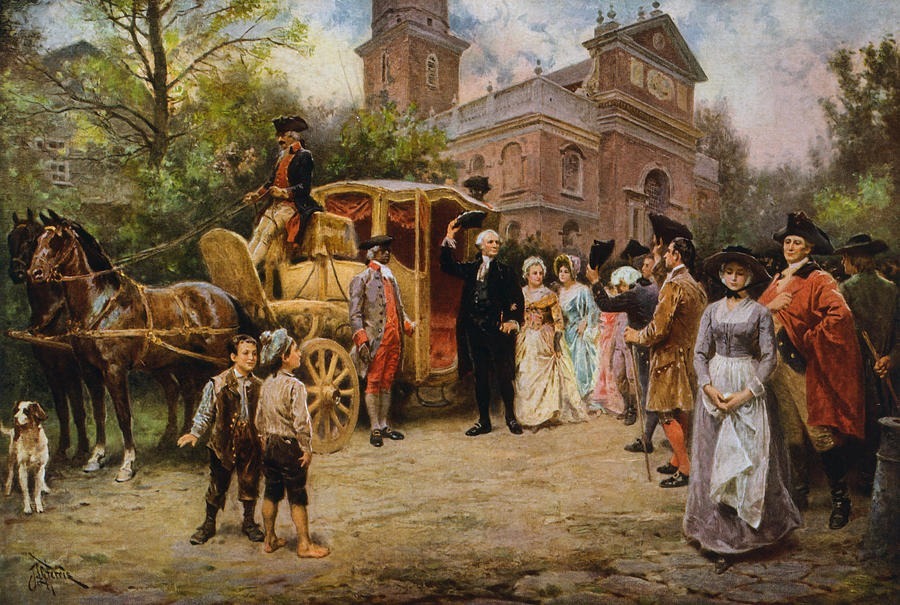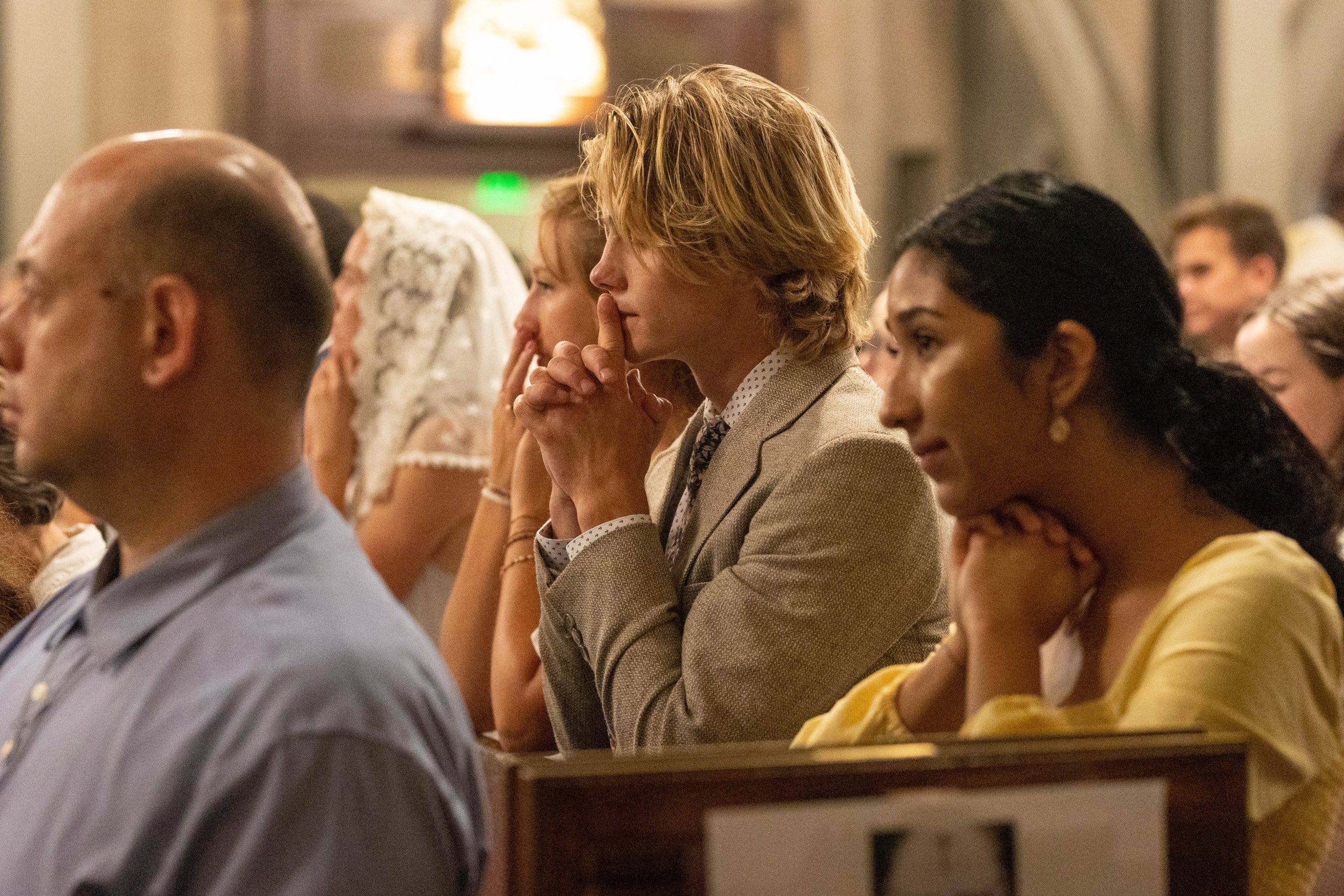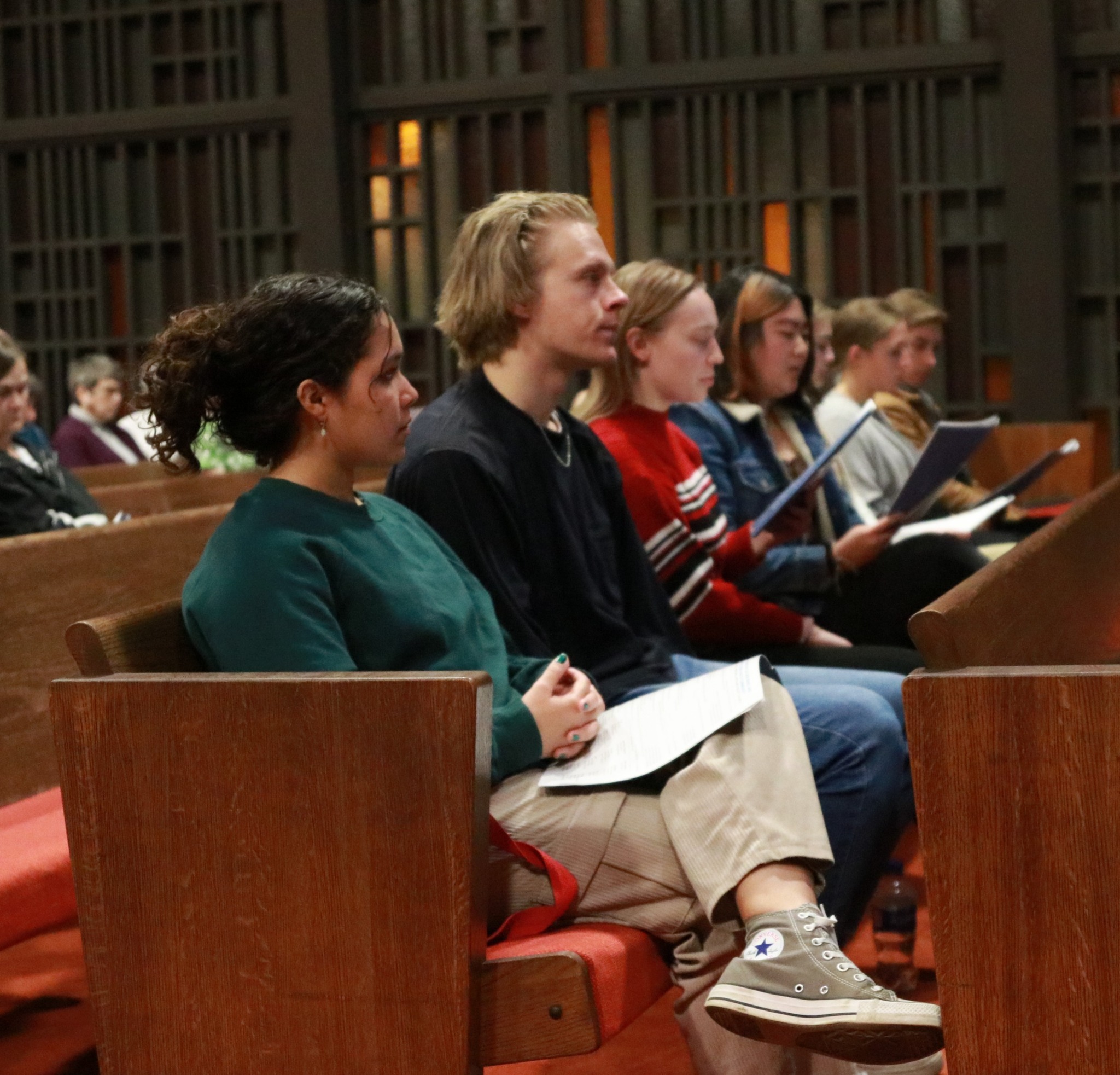Deism is sometimes referred to by other terms, though these may have subtle differences or historical nuances. Some related terms and concepts include:
- Natural Religion: This term emphasizes the idea that religious truths can be discovered through reason and the observation of the natural world, without the need for revealed scripture or divine intervention.
- Rational Theism: This emphasizes belief in a deity based on reason and evidence, aligning closely with Deistic principles of understanding God through rational thought rather than revelation.
- Theistic Rationalism: This term was sometimes used to describe a belief system combining aspects of Deism with certain traditional theistic beliefs, while still prioritizing reason and rational inquiry.
- Philosophical Theism: This is a broader term that can encompass Deism, referring to belief in God based on philosophical arguments and reasoning rather than religious tradition or revelation.
- Enlightenment Theism: This term highlights the historical context of Deism, as many Deist beliefs were developed during the Enlightenment, a period characterized by an emphasis on reason, science, and intellectual exchange.
Many of the Founding Fathers attended various churches and chapels throughout their lives, reflecting the religious diversity of early America. Here are some notable examples:
- George Washington: He attended various churches, but he was primarily affiliated with the Episcopal Church. He regularly attended Christ Church in Alexandria, Virginia, and Pohick Church near his home at Mount Vernon.
- Thomas Jefferson: Jefferson was known for his unorthodox religious views and was critical of organized religion. He attended the Episcopal Church but was more focused on his own personal beliefs, which leaned towards Deism.
- John Adams: Adams was a Congregationalist and attended the First Parish Church in Quincy, Massachusetts, which is now known as the United First Parish Church.
- Benjamin Franklin: Franklin was also known for his Deist beliefs. While he attended various churches, including Christ Church in Philadelphia, he was not deeply affiliated with any single denomination.
- James Madison: Madison was an Episcopalian and attended the Episcopal Church, though like Jefferson, he held more Deistic views privately.
- Alexander Hamilton: Hamilton was an Episcopalian and attended Trinity Church in New York City. He was an active member and is buried in its churchyard.
These examples highlight the range of religious affiliations among the Founding Fathers, reflecting the broader religious landscape of the early United States.
Deism is a philosophical and religious belief system that emerged in the 17th and 18th centuries, particularly during the Enlightenment. Deists believe in the existence of a supreme being, specifically a creator who does not intervene in the universe or the affairs of humanity after the initial creation. Here are some key tenets of Deism:
- Belief in a Creator: Deists believe in a rational, intelligent creator who designed the universe. This creator is often referred to as the “Great Architect” or “Divine Watchmaker.”
- Reason and Natural Law: Deists emphasize reason, observation, and the study of the natural world as the primary means of understanding the creator and the universe. They believe that the natural laws discovered through science are expressions of the creator’s design.
- Rejection of Revelation and Miracles: Deists typically reject the idea of revealed religion, including sacred texts and prophecies, as well as miracles and divine intervention in human affairs. They view such beliefs as superstitions or misinterpretations of natural events.
- Ethics and Morality: Deists generally believe in the importance of ethics and morality, which they see as grounded in reason and the inherent order of the universe. They often emphasize virtues like honesty, integrity, and benevolence.
- Critique of Organized Religion: Many Deists are critical of organized religion, particularly dogma, rituals, and the authority of religious institutions. They argue that religion should be based on personal understanding and reason rather than tradition and clerical authority.
Deism played a significant role during the Enlightenment and influenced many intellectuals and political leaders of the time, including some of the Founding Fathers of the United States. It provided a framework for thinking about religion and ethics that was compatible with the emerging scientific worldview.











